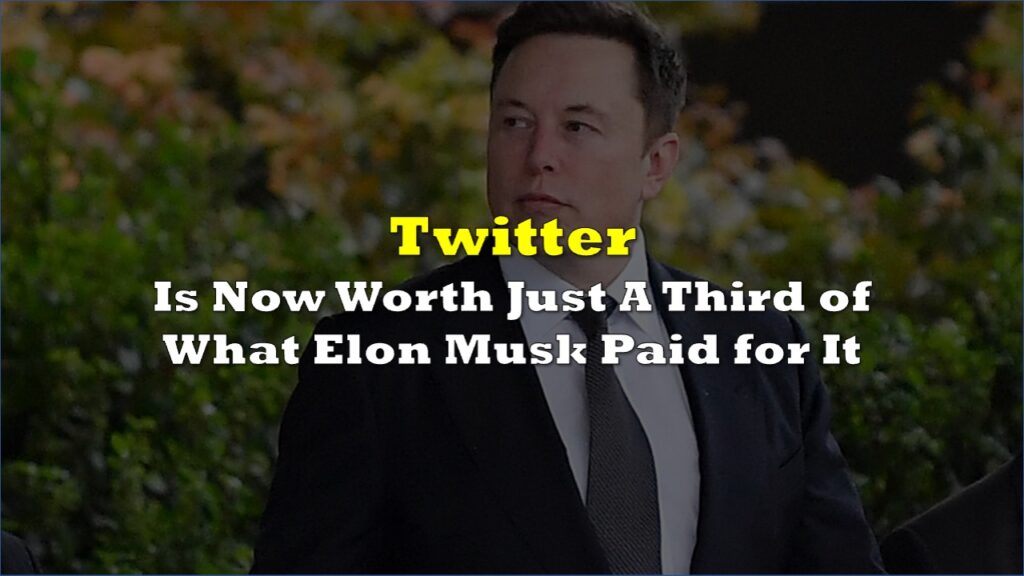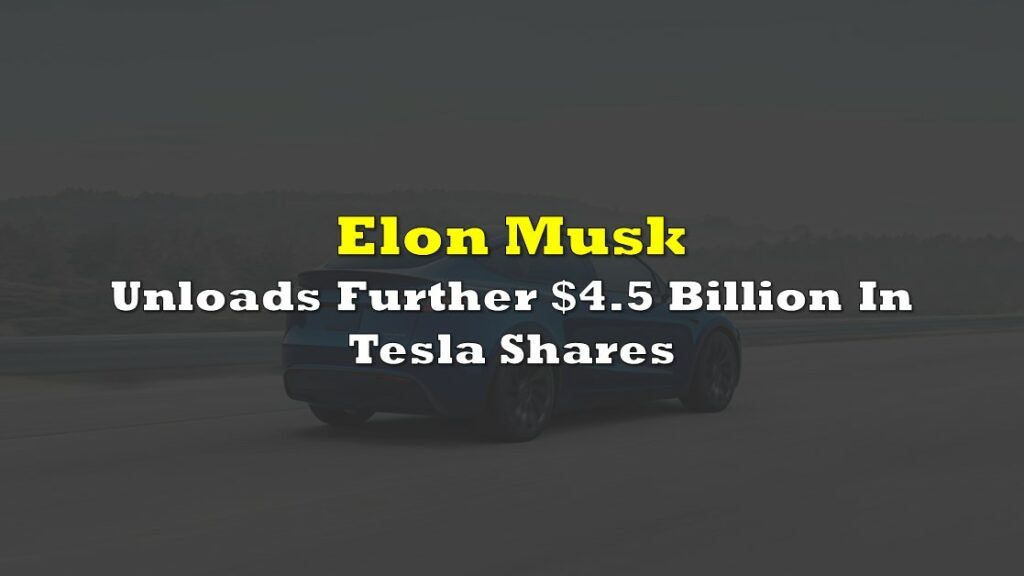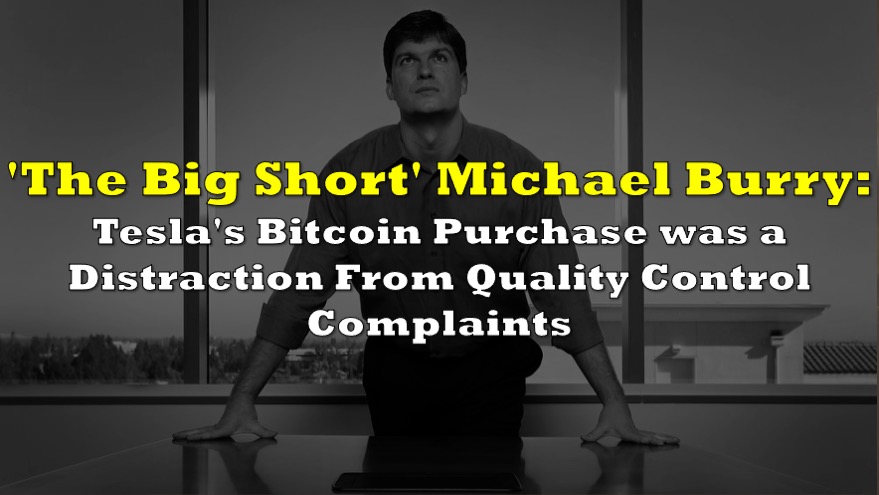It’s long been a controversy on how Elon Musk, the world’s wealthiest man and CEO of Tesla Inc., SpaceX, and X.com, interprets free speech. One of his battle cries during the Twitter takeover is freeing up the platform from “woke” people cancelling accounts, even restoring controversial people back to the platform and committing that his critics are very much welcome on Twitter to express their sentiments against him, as he is a “free speech absolutist.”
However, most of his actions that he doesn’t post on the platform spell a different side of his understanding of free speech, or the lack thereof. Back in November, Musk is said to have reportedly fired employees who were found to have made fun of him or made critical comments privately on the company’s Slack channels or publicly on Twitter.
Among other things, Musk has occasionally used Twitter to control narratives and access, including banning tweets on the eve of Turkish national elections and joining the war against the antisemitism civil rights organization Anti-Defamation League.
Given that Twitter, now X, is a platform he owns, it wasn’t surprising for rumors to circulate that he is ordering engineers to make his posts appear more in people’s feeds to boost views and to curtail posts that aren’t to his liking. Much to the chagrin of actual free speech activists, it is unnerving that a “free speech absolutist” like Musk would censor content that isn’t in his favor.
The mystery of disappearing likes
But now, there may be information to suggest that the X owner is actually removing likes on anti-Musk tweets. In a thread by Kyiv School of Economics President and adviser to Ukrainian President Volodymyr Zelenskyy, Tymofiy Mylovanov, he revealed what he deems evidence to how the billionaire is conducting this censorship.
“This is beyond despicable. Musk preaches freedom of speech and discourse, but the platform he owns appears to manipulate exposure and endorsement of an anti-Musk tweet. This is a form of censorship,” Mylovanov posted.
In the thread, he showed a graph tracking the number of likes over time, revealing sharp drops every three hours, “suggesting a manual intervention or coordinated unliking.”
In the graph, the drops are especially pronounced in the beginning. As time passes by they appear to be more frequent but smaller in size. One interpretation – it is an attempt to disguise like removal 4/
— Tymofiy Mylovanov (@Mylovanov) October 5, 2023
The same tweet also tracked the deleted likes, suggesting that the platform, or Musk, “has removed at least 1/3 of the likes on the tweet.”
At the moment of writing of this tweet, the total number of likes under the tweet about Musk is 212K. The data above is a lower bound on the number of likes removed because it is presented for a limited period of time. 6/ pic.twitter.com/KjO7CTVrzu
— Tymofiy Mylovanov (@Mylovanov) October 5, 2023
How do you solve a problem like Elon?
The tweet that’s being tracked for this data is a post by Pekka Kallioniemi of Vatnik Soup, who essayed in June how Musk, who has gained notoriety for his influential tweets and claims to make Twitter the “most accurate source of information about the world,” had allegations of promoting Kremlin propaganda narratives and prioritizing business interests over ethics.
Musk’s tweets are known to have a significant impact on Twitter’s algorithm, often resulting in a cascade effect that reaches tens of millions of users. Critics have accused him of providing a “stamp of approval” for certain content, raising questions about his commitment to fostering healthy online discourse.
He's promised to make Twitter the "most accurate source of information about the world," but strangely he's flirted with various conspiracy theories throughout the years. Among other things, he's denied the white supremacist background of a mass shooter, spread COVID-19…
— Pekka Kallioniemi (@P_Kallioniemi) June 29, 2023
3/24 pic.twitter.com/EXQW9nzLa5
Perhaps most concerning are Musk’s past engagements with conspiracy theories, including denying the white supremacist background of a mass shooter and spreading COVID-19 misinformation. He has also faced criticism for echoing George Soros-related conspiracy theories. Some observers suggest that many of Musk’s views may originate from other individuals, including his ex-wife Talulah Riley and his friend Joe Rogan.
Musk’s involvement in discussions related to global conflicts, particularly the Ukraine-Russia situation, has also raised eyebrows. His tweets calling for UN-supervised elections in annexed areas and stating that Crimea should remain part of Russia align closely with positions advocated by individuals like David Sacks, who Musk refers to as a “war room” buddy. However, Musk later backtracked, suggesting that the people in Donbas and Crimea should decide their fate, a move reminiscent of a 1991 Independence Referendum.
In a recent expose by The New Yorker’s Ronan Farrow, Musk reportedly deliberately inhibited Ukraine’s access to Starlink to appease Russia and China.
Furthermore, Musk has discredited investigative groups like Bellingcat, known for exposing Russian disinformation and atrocities, labeling them a “psyop.” This stance has led to accusations of aligning with pro-Kremlin propagandists like Aaron Mate.
Musk’s Twitter subscriptions have also come under scrutiny, particularly his choice to follow KanekoaTheGreat, a QAnon-affiliated conspiracy theorist with ties to Kremlin narratives about Ukraine. Musk has also participated in discussions on Twitter Spaces with pro-Kremlin propagandists like Kim Dotcom and stillgray, prompting concerns about the true nature of these interactions.
Additionally, Musk has been accused of promoting Tucker Carlson, a prominent figure known for disseminating information without solid proof, further fueling narratives unfavorable to Ukraine.
Critics argue that Musk’s actions on Twitter are being used for propaganda purposes by Russia, and they suggest that his motivations may be influenced by business interests. Tesla’s reliance on raw materials, including those from Russia and China, raises questions about whether Musk’s alignment with certain geopolitical stances is driven by the need to maintain a steady supply chain.
Tesla’s 2022 conflict mineral report revealed that Russia and China are key sources for some of its essential raw materials, and the company has maintained business ties with Russian oligarch Oleg Deripaska’s Rusal. Deripaska, who faced sanctions from the Trump administration, has significant influence in the aluminum market.
What the billionaire might be missing about free speech is the responsibility of the content. For instance, former president Donald Trump was suspended from the platform because he used his free speech to spread disinformation, which inadvertently added fuel to the violence-induced attack on the Capitol.
“Is Musk a hypocrite or just a narcissist with too much power over the public discourse? Or is it a fluke in an algorithm and Musk is unaware of it or his team cannot fix it? Or perhaps this was a coordinate attack of not games that liked and unliked the tweet? You decide,” Mylovanov ended his thread.
Information for this briefing was found via the sources mentioned. The author has no securities or affiliations related to this organization. Not a recommendation to buy or sell. Always do additional research and consult a professional before purchasing a security. The author holds no licenses.









